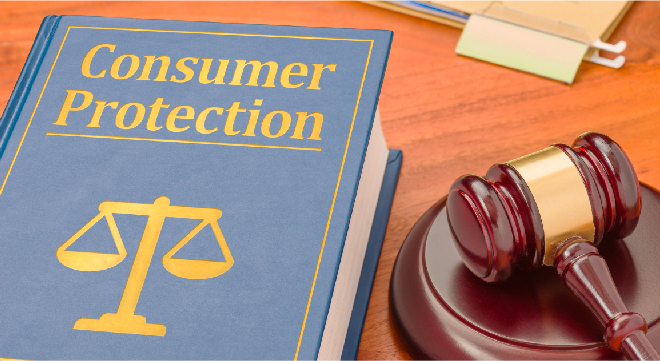A key reason for bringing crypto assets within the regulatory net is to protect consumers from the proliferation of mis-selling and crypto scams, FSCA Commissioner Unathi Kamlana said last week.
Read: What crypto asset providers need to know about licensing, regulation
“There’s aggressive marketing in this space, and one is also sometimes concerned about not being able to vouch for the quality and adequacy of advice given to customers in this area,” he told a media briefing on Thursday.
“You cannot have a situation where you continue to have these platforms and other entities in the ecosystem operating outside the regulatory measures,” he said. “It’s not ideal, and it’s certainly not in the public interest in our assessment. This is a market that’s growing, and people are choosing, for whatever reason, to have an exposure to crypto and therefore, given our role and our mandate as a regulator in the financial sector, we have to be responsive.”
Kamlana said the benefit of declaring crypto assets a financial product is that the FSCA can now request information to see if those providing crypto assets are complying with the rules in terms of advising people correctly before they put their money into crypto.
Consumers will be able to report mis-selling of crypto assets to the FAIS Ombud.
He said the FSCA will be able to clamp down on scams “in a more significant way”. However, he said the Authority would still struggle to protect people who fall for schemes where they are promised they will double their money in a matter of weeks.
According to legal experts at Cliffe Dekker Hofmeyr, the FSCA’s declaration comes in the wake of mounting risk in the crypto asset environment because of an exponential increase in the provision of crypto assets in South Africa, the rapid growth in interest in the use of crypto assets for investment purposes, and a significant increase in scams and fraudulent activities positioned as providing crypto asset-related investment opportunities.
South Africa has been the home of some of the biggest and most expensive crypto scams in the world, with the likes of Mirror Trading International and Africrypt making global headlines.
And there’s FATF (of course)
As with many aspects of financial regulation these days, the need for South Africa to comply with the Financial Action Task Force’s Recommendations (standards) played a role in regulating crypto providers.
The FSCA’s policy document supporting the declaration drew attention to the FATF’s review of South Africa’s anti-money laundering/combating the financing of terrorism (AML/CFT) regime in 2019, and the subsequent Mutual Evaluation Report (MER).
The FSCA noted that one of the key findings of the MER was: “Regarding VAs [virtual assets] and VASPs [virtual asset service providers], South Africa has taken its first steps in setting up a risk-mapping exercise, but is not adequately identifying, assessing, and understanding risks yet. Therefore, no risk-based measures are taken, VASPs are not required to take AML/CFT measures beyond the reporting obligation (which is addressed to all businesses), and are not subject to licensing or registration, nor supervised. These are major deficiencies.”
The FSCA said requiring crypto asset FSPs to be licensed and consequently be subject to regulatory oversight and supervision will “substantially” address the FATF’s finding.



